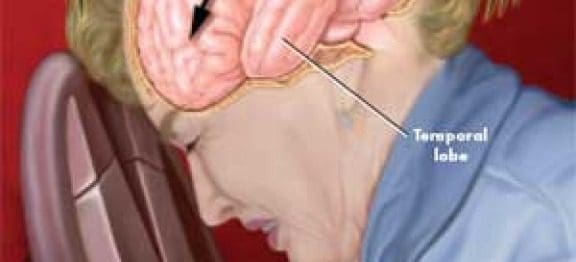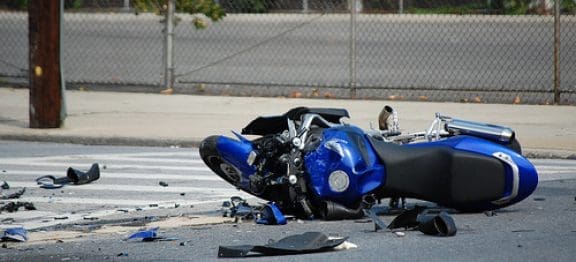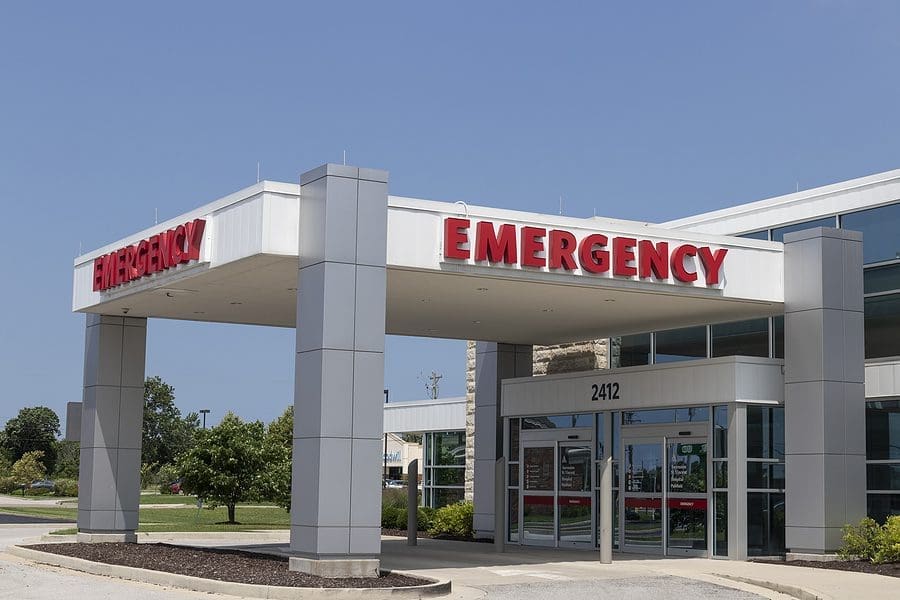JONES LAW GROUPYour Lawyers for Life! Personal Injury Law Firm in St. Petersburg

What is a cerebral contusion? Learn the symptoms, treatment options, and long-term prognosis for brain bruises caused by car accidents and how they differ from concussions.
Call our personal injury law office directly at (727) 512-9847
At Jones Law Group in St. Petersburg, FL, we would like to hear from you. Contact us for a free personal injury case consultation.
Call our personal injury law office at (727) 512-9847
Get educated on the Florida's personal injury laws and more.
By: Heath C. Murphy + – Personal Injury
If you have been involved in a car accident, whether as an occupant of a vehicle or as a pedestrian or bicyclist, one fairly common injury is a cerebral contusion or what is commonly known as a brain bruise. Cerebral contusions are serious traumatic brain injuries and must be treated as such. Cerebral contusions can be misdiagnosed as a concussions because they share some similar characteristics. In many instances the two injuries can occur together, however, the two injuries differ in several key aspects. At its most simplistic level, a concussion is generalized microscopic bleeding in the brain while a cerebral contusion is a localized brain bruise with localized swelling.
Cerebral contusions are localized areas of bleeding on the brain. They tend to occur in accidents where the skull impacts another object and the brain strikes a ridge on the interior of the skull.[1] The interior of the skull, especially under the frontal and temporal lobes, has areas which have sharp ridges that are capable of causing cerebral contusions in the brain if sufficiently contacted. Most patients that have a cerebral contusion report losing consciousness.
A concussion, on the other hand, differs from a cerebral contusion in that it is not a localized injury. It is widespread microscopic bleeding. It is typically more difficult to diagnose using imaging tests such as CT Scans and MRIs. Though a concussion is a serious brain injury, it is usually less dangerous than a cerebral contusion.
What are the Symptoms of a Brain Contusion?
The severity of a cerebral contusion can vary widely. They can present with very few symptoms or the injury can be extremely severe. People with severe cerebral contusions generally report losing consciousness after the accident. When they regain consciousness, the injured people often seem confused, agitated, and emotional. Other symptoms include:
1. Memory loss;
2. Cognitive issues;
3. Emotional changes;
4. Numbness:
5. Motor skills issues; and
6. Loss of the ability to speak or understand speech.
It is important to remember that the swelling will continue to develop and expand following the accident for a period of up to 72 hours. This may cause a delayed onset of symptoms, therefore, it is important to monitor a person with a head injury for a period of time following an accident.
How is a Cerebral Contusion Treated?
Sometimes rest is the best treatment for a cerebral contusion, but in cases where there is significant brain swelling or a blood clot forms, surgery may be necessary. One possible surgical treatment is a decompressive craniotomy.[2] This surgery will require that a portion of the skull be removed to allow the brain swelling to expand without being squeezed. Once the patient has healed sufficiently, the open portion of the skull will be closed.
Prognosis
Recovery varies widely after traumatic brain injury. Even brain injuries that might be medically classified as “minor” can have long term effects on victim. The prognosis for more severe traumatic brain injuries is bleak. A large percentage of people who suffer severe traumatic brain injuries will be expected to have permanent cognitive, emotional and coordination disabilities for the remainder of their lives. Many people who suffer a severe traumatic brain injury require professional care in a managed facility.
Have you or a loved one been injured in an accident and suffered a traumatic brain injury? Contact an experienced St. Petersburg brain injury lawyer at Jones Law Group today. When you contact our office we will immediately set an appointment where you will meet your attorney and be provided with his/her personal contact information. If you do not have transportation or you cannot drive, your attorney will travel to meet you and discuss your case with you. We understand traumatic brain injuries and the issues that they can cause in your daily life and our law firm will always work to make sure you are compensated fairly.
Whether you were a pedestrian, a bicyclist, or the occupant of car, motorcycle or boat and have been injured in an accident, you should immediately call an experienced personal injury attorney in St. Petersburg at Jones Law Group at (727) 571-1333 during regular business hours or (727) 753-8657 on weekends or after regular business hours. We will evaluate your case for free and you will never pay us a dime unless we recover compensation for your injuries.
Jones Law Group
5622 Central Avenue
St. Pete, FL 33707
References:

Blunt force trauma in a car accident can have long-term health consequences, so it’s important to identify and treat these injuries quickly. Summary Experiencing a motor vehicle accident can be a life-altering event, often resulting in various injuries, including blunt force trauma. Recognizing the symptoms of this type of injury is crucial for ensuring timely […]

Drowsy truck drivers pose a threat to other motorists, pedestrians, and bicyclists because they are more likely to exhibit poor judgment, maneuver recklessly, or fall asleep behind the wheel. Driver fatigue can impair driving abilities in ways similar to alcohol intoxication. Fatigue behind the wheel is a significant contributor to truck accidents in the United […]

By: Heath C. Murphy + – Personal Injury A motorcycle accident can change your life. It can kill you or cause you a lifetime of pain and suffering. It is important to know what your legal options are if you or a loved one is involved in motorcycle accident. If you have been injured in […]

Florida Laws Regarding Passengers on a Motorcycle Florida has very relaxed laws on the use of motorcycles. As far as passengers are concerned, they must occupy either a separate seat or a seat meant for two riders and they must have footrests dedicated solely to their use.[1] There is no minimum age requirement for passengers, […]

A catastrophic injury is one that has devastating impacts on a person’s life for years. In many cases, the impact may even last a lifetime. It could be due to a car accident, a truck accident, or for a number of other reasons. What makes things even worse is that, in many instances, the victim […]

No matter what the cause of a bicycle accident is, most of them have one thing in common – they lead to severe injuries. These injuries, in turn, result in significant financial losses, also known as damages – and those damages can be sky-high. It’s bad enough to be seriously hurt – having to worry […]
Speak with us before time runs out! In Florida, you have a limited window to file a personal injury case, so speak to an Attorney today.
Call our personal injury law office directly at (727) 512-9847
Jones Law Group is a dedicated personal injury lawyer in St. Petersburg, FL, serving the Tampa Bay area since 2006. Our experienced attorneys specialize in car accidents, slip and fall cases, employment law disputes, construction law issues, and overtime wage claims, fighting for maximum compensation on a contingency fee basis. Contact us for a free consultation to discuss your case.
Call our personal injury law office at (727) 512-9847
© Copyright 2006–2025 Jones Law Group Attorneys at Law. All rights reserved. Privacy Policy Terms of Use
Attorney Advertising.
The information on this website is for general information purposes only. Nothing on this site should be taken as legal advice for any individual case or situation. This information is not intended to create, and receipt or viewing does not constitute, an attorney-client relationship. Past results do not guarantee similar outcomes.
Are you injured or wronged and interested in a consultation? Fill out the form for a free consultation with us.